NEWS RELEASE
April 24, 2023
For immediate release
Media contact: Cara Scarola Hansen
Center for Child Counseling Public Relations Counsel
cara@yourmissionmarketing.com
Keep Kids Safe at Camp this Summer
Center for Child Counseling’s CampSafe® Training is designed to protect campers and staff from child sexual abuse.
Every nine minutes, a child is a victim of sexual abuse and assault (rainn.org). Of those children who are sexually abused, 90% are abused by someone they know and trust. In the past 25 years, more than 575 cases of child sexual abuse have been reported at camps in North America. With summer around the corner, Center for Child Counseling (CFCC) wants to ensure every camper across the United States is protected and safe from abuse. CampSafe® is an online training designed to provide camp leadership and staff with the awareness and knowledge needed to prevent child sexual abuse.
For summer 2022, over 7,000 camp staff across 54 camps participated in the CampSafe® training program. The goal is for all staff, including counselors, administrators, supervisors, dining and health personnel, volunteers, and board members to arrive at camp with the same strong foundational knowledge of child sexual abuse prevention and awarenss.
“Our philosophy is to empower caregivers in all settings with a level of confidence around this topic, therefore better protecting all staff and campers. Training staff and volunteers helps break the cycle of child sexual abuse and shines an important light on this often-taboo topic,” said Cherie Benjoseph, CFCC director of national outreach and education and creator of the CampSafe® curriculum.
The program was created with young adults, ages 18-26, in mind to take the topic seriously but not instill fear. The training promotes compassion toward campers as staff become fluent in the language of safety while providing comfort, aide, and access to supervisory staff for guidance.
According to Nathaniel Miller, a director with New Life Camp, North Carolina, “CampSafe provided an easy yet effective resource to train our summer and seasonal staff in the important understanding of protecting children placed in our care. It handles the serious matter of child abuse in a way that doesn’t sugarcoat the problem but also makes it digestible for high school and college-aged staff. The online course also provided great discussion points when we did our in-person training.”
From setting healthy boundaries to ensuring the entire camp team has a consistent safety protocol, CampSafe® training provides scenarios, interactive learning, and clear safety language for staff. Director training modules include: interviewing and background check protocol; child protection policy and procedures; supervising around the issues of child sexual abuse prevention; in-person followup training to provide during pre-camp week; links to state resources; establishing healthy boundaries ice breakers for counselors and campers; sexual harassment; letters to parents and staff; pre- and post-testing for certification.
“Training focused squarely on sexual abuse prevention sends a message that your camp has ‘zero tolerance’ for sexual abuse. This helps weed out potential staff who may have other motives,” added Benjoseph.
The CampSafe® program was developed by professionals with expertise in sexual abuse prevention and training. The Center for Child Counseling team partnered with experts in learning and development, using the most up-to-date elearn method. The training is designed to empower all camp personnel, gently but thoroughly, before camp begins.
CampSafe® is endorsed by the American Camp Association and can be provided to all camp staff for a nominal fee, ranging from $250-$650 depending on the number of staff members being trained.
For camp associations, camp directors, parks and recreation departments, and school districts interested in learning more about how to be proactive in preventing and responding to child sexual abuse at your day or overnight camp, visit centerforchildcounseling.org/campsafe or email campsafe@centerforchildcounseling.org.
Interview availability:
Cherie Benjoseph, LCSW, CFCC director of national outreach and education and creator of the CampSafe® curriculum.
CampSafe® Resources:
About Center for Child Counseling
Center for Child Counseling has been building the foundation for playful, healthful, and hopeful living for children and families in Palm Beach County since 1999. Its services focus on preventing and healing the effects of adverse experiences and toxic stress on children, promoting resiliency and healthy family, school, and community relationships. As of October 2022, KidSafe Foundation now operates under Center for Child Counseling as the two entities are now stronger together in their education and prevention of child sexual abuse and childhood trauma.
www.centerforchildcounseling.org Twitter: @ChildCounselPBC Facebook: @CenterforChildCounseling Instagram: @childcounselpbc
###

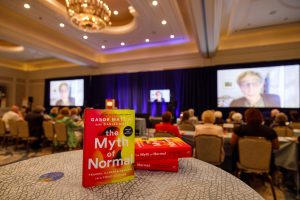
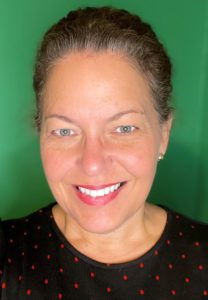
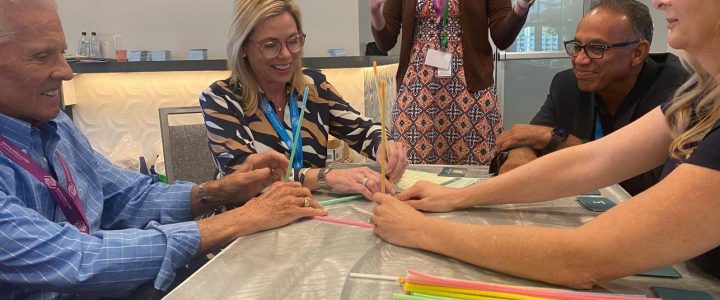
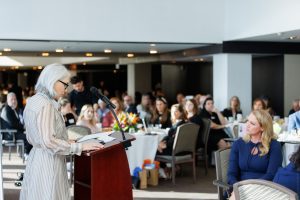
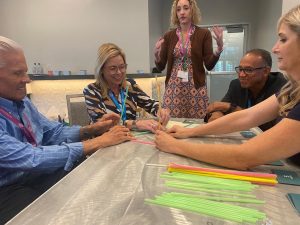
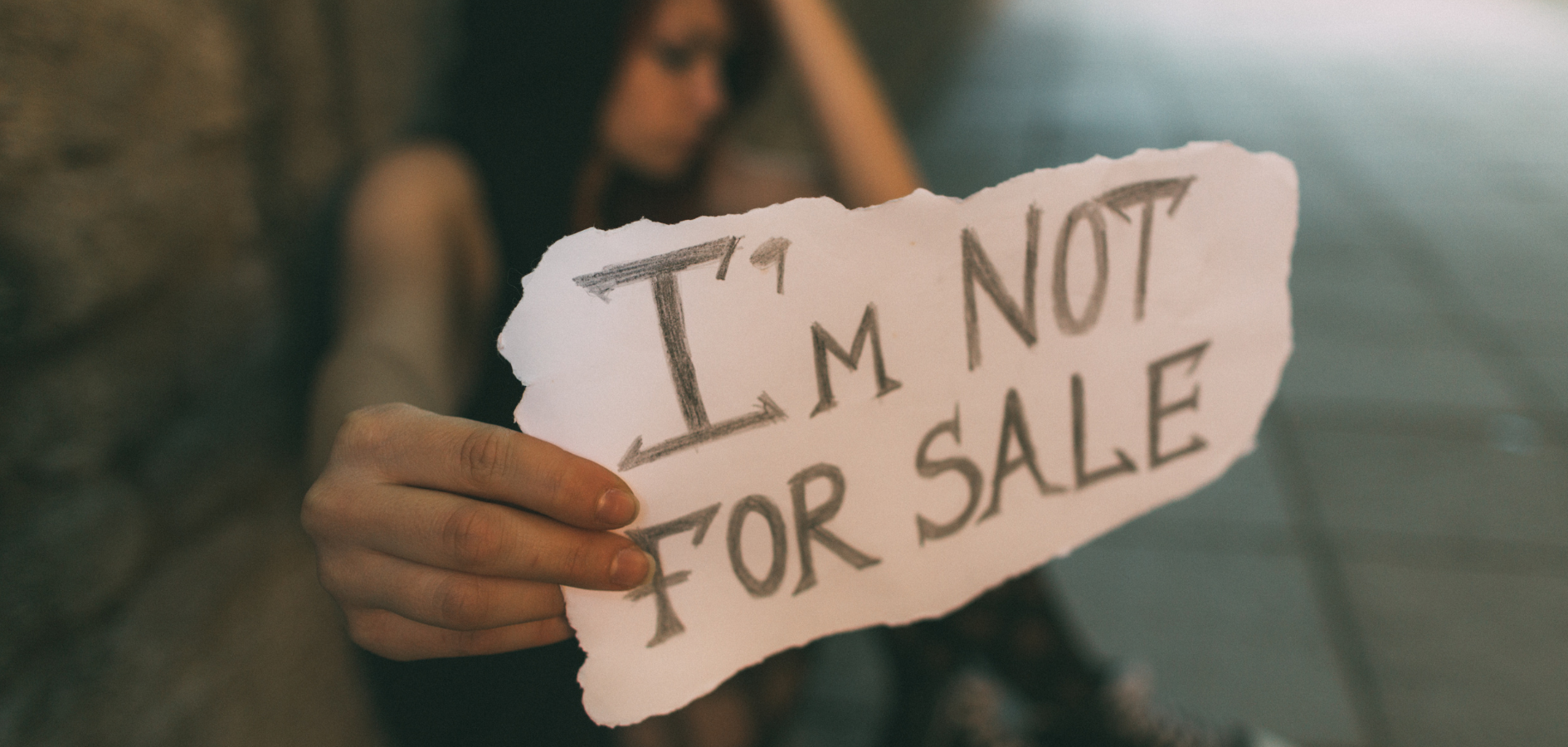
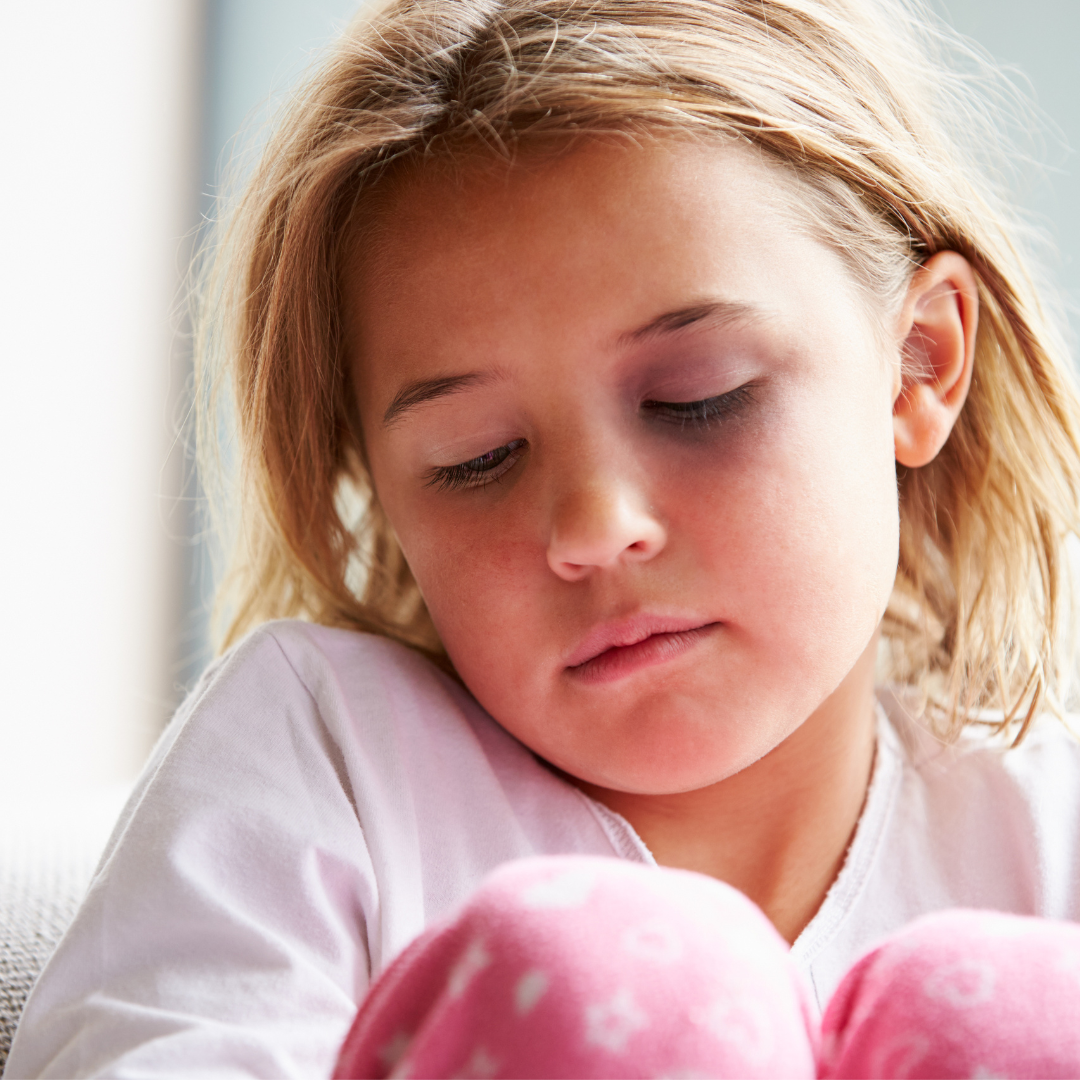 How to protect our kids? Simply put, we can protect our children by becoming more knowledgeable about child sex trafficking and child sexual abuse.
How to protect our kids? Simply put, we can protect our children by becoming more knowledgeable about child sex trafficking and child sexual abuse.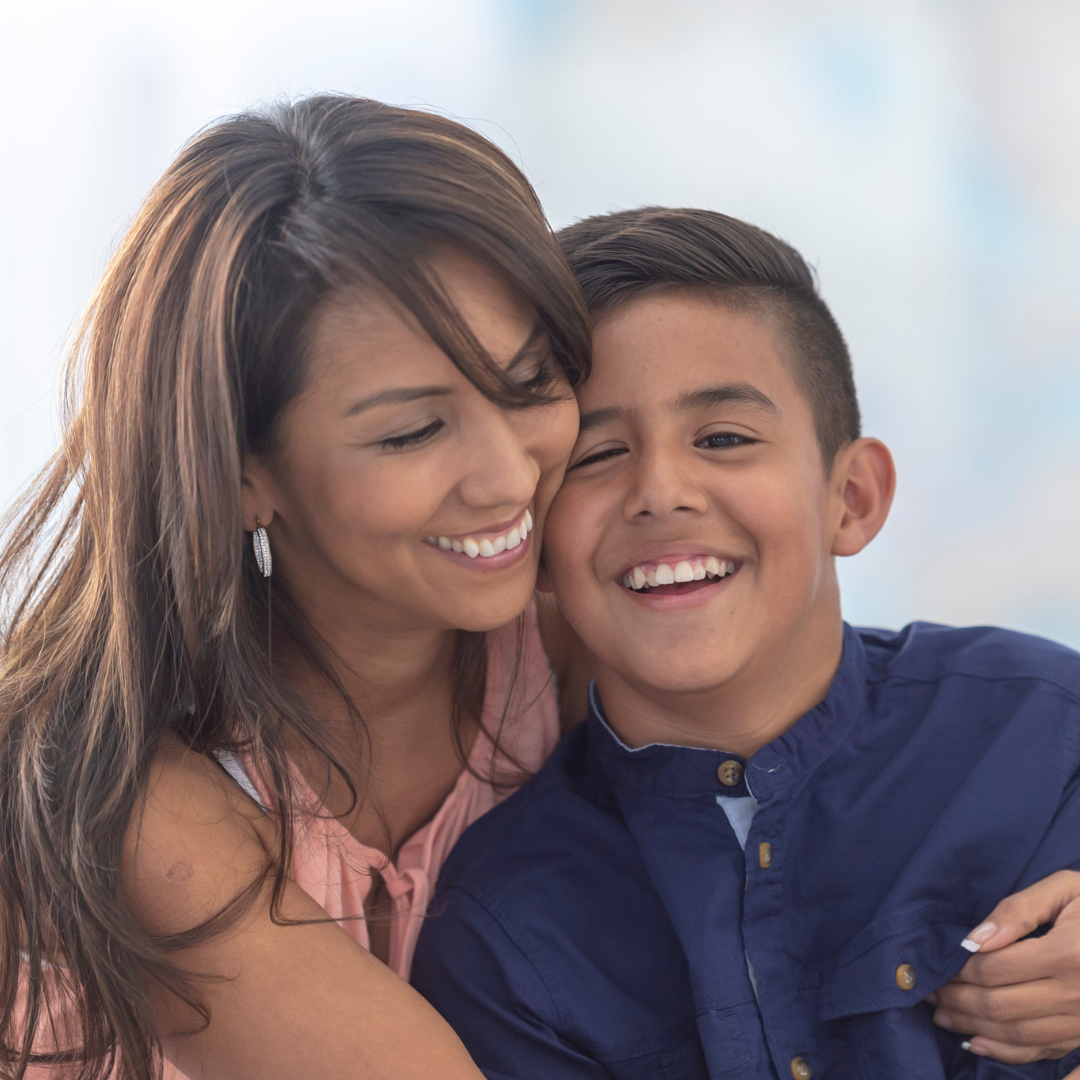 Some touches make us feel comfortable and safe while others do not. In our society we do not talk much about touching in general. We either say “Don’t touch your Brother” or “Use nice hands.” (From my daughter’s preschool days.) Let’s dive a little deeper as human touch is an important part of wellness and healthy development.
Some touches make us feel comfortable and safe while others do not. In our society we do not talk much about touching in general. We either say “Don’t touch your Brother” or “Use nice hands.” (From my daughter’s preschool days.) Let’s dive a little deeper as human touch is an important part of wellness and healthy development.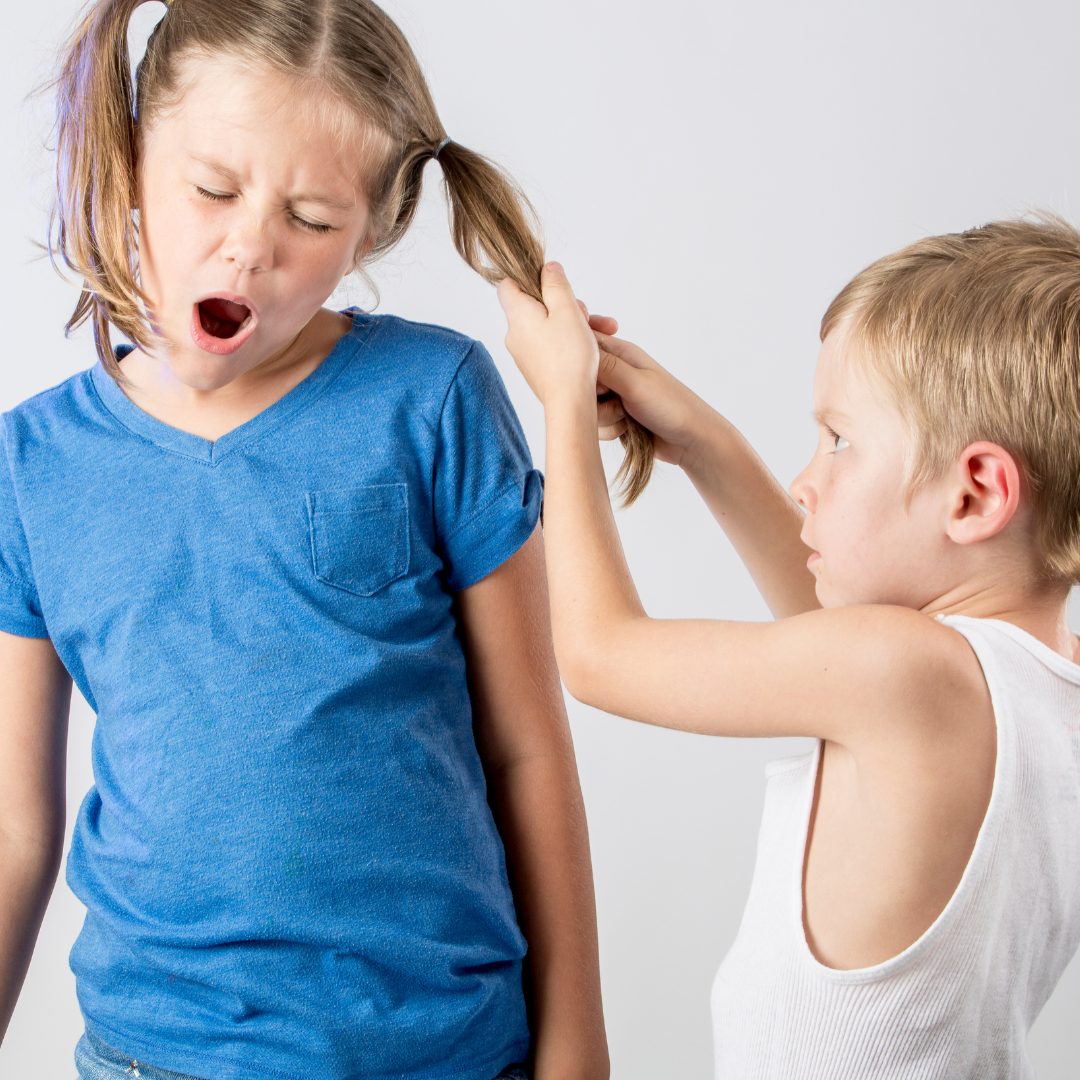 Unsafe touches happen every day. Examples: Siblings shoving each other, a grown-up grabbing an arm of a child in frustration, a child being physically harmed by another student at school (bullying), someone touching a child’s private parts, or forcing a child to touch their private parts.
Unsafe touches happen every day. Examples: Siblings shoving each other, a grown-up grabbing an arm of a child in frustration, a child being physically harmed by another student at school (bullying), someone touching a child’s private parts, or forcing a child to touch their private parts.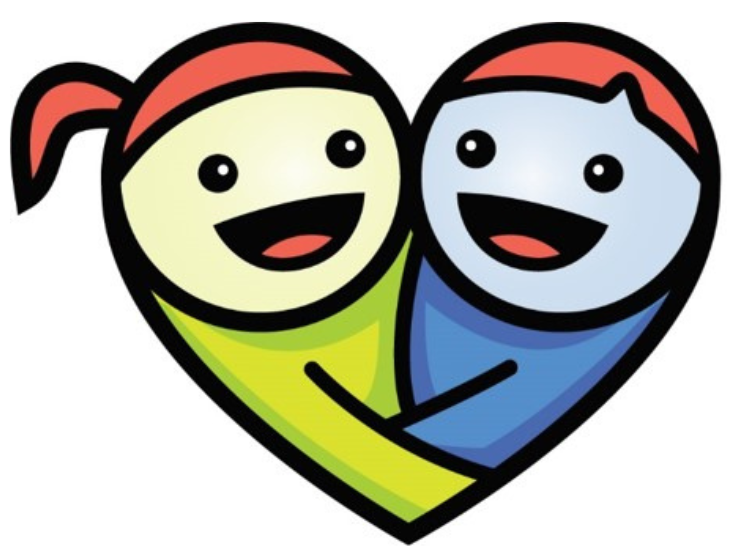 KIDSAFE TIP:
KIDSAFE TIP: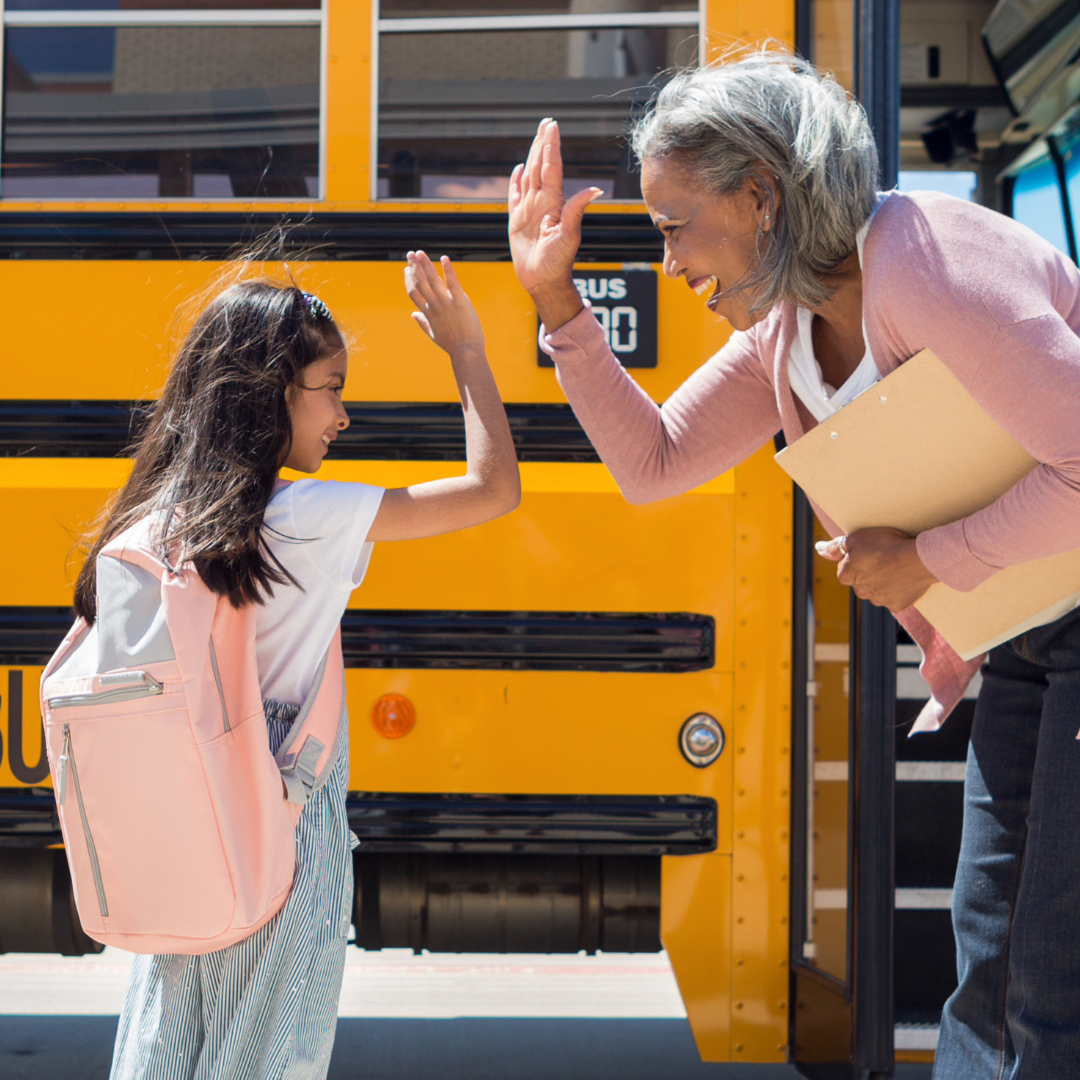 This is a great opportunity to teach your child about body boundaries and consent. Forcing your child to hug or kiss someone sends the message that the wants and needs of others are more important than respecting their own feelings or body boundaries.
This is a great opportunity to teach your child about body boundaries and consent. Forcing your child to hug or kiss someone sends the message that the wants and needs of others are more important than respecting their own feelings or body boundaries.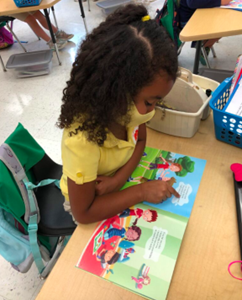
 KidSafe has focused on providing a public health approach that maximizes impact while emphasizing health and safety. To prevent child sexual abuse, students, teachers, and families need to be knowledgeable and aware of the tactics and grooming techniques that are used to exploit and abuse children in-person and online. KidSafe provides age-appropriate lessons and skill building for children, training for educators, healthcare professionals, camp staff, and resources for families.
KidSafe has focused on providing a public health approach that maximizes impact while emphasizing health and safety. To prevent child sexual abuse, students, teachers, and families need to be knowledgeable and aware of the tactics and grooming techniques that are used to exploit and abuse children in-person and online. KidSafe provides age-appropriate lessons and skill building for children, training for educators, healthcare professionals, camp staff, and resources for families.